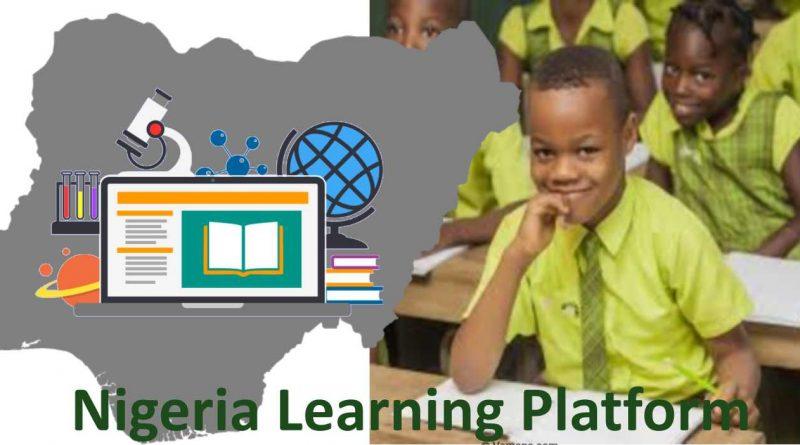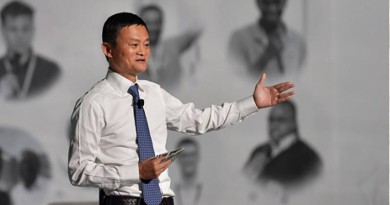More than 9.7 million Nigerian children may not return to school
The United Nations Children Education Fund (UNICEF) has said that more than 9.7 million Nigerian children are at risk of never returning to school as a result of insecurity and other factors.
Speaking during her goodwill message during the launch of Nigeria Learning Platform in Abuja, UNICEF’s Executive Director, Catherine Russell, noted that “Before COVID-19, about 10.5 million Nigerian children aged between 5 and 14 were not in school. Today in Nigeria, more than 9.7m children are at risk of never returning to school. The learning platform can help change that. By offering simple, easy and fun ways to learn, as well as tailor-made training programmes, the learning platform will help respond to the needs of every child. With online, offline and mobile options, it can help us reach the most vulnerable and marginalised learners.”
The Nigerian Learning Platform is an online, mobile and soon-to-be offline learning platform that will provide continuous education to upwards of three million Nigerian learners in 2022 alone. The plagform is projected to help reach the most vulnerable and marginalised learners in the country.
The initiative was designed for pre-primary, primary and secondary school learning. Children, youth and teachers can access a digitalized curriculum providing learning materials in all core curriculum subjects for Primary One to Six, and all Junior and Senior Secondary School classes.
A learner can register on the platform using any device with a web browser or through the NLP mobile application to access a variety of high-quality learning content.
With the launch in Abuja, Nigeria has joined 20 other countries in the world where the Learning Passport is reaching children with improved learning opportunities.
The Vice-President, Professor Yemi Osinbajo, represented by the minister of state for education, Emeka Nwajiuba, noted that there must be a change in the education sector to ensure continuity of learning. “To ensure continuity of learning for all children and the resilience of education systems to future shocks, we must change and re-imagine the education sector. Deploying innovations that rethink the current methodologies, including new approaches to delivering education in ways that defy the digital divide, and ensuring learning continuity in emergencies, has become imperative” – he said.
The disruption to education by school attacks has meant millions of children have significantly missed out on learning they would have acquired if they had been in the classroom and was further worsened by the COVID-19 pandemic.
The Nigeria Learning Platform is a collaboration between the Nigerian government and the United Nations Children Fund (UNICEF) and is supported by GenU 9JA (Generation Unlimited in Nigeria), with the aim of delivering connectivity and digital learning to young Nigerians at scale. Partners such as IHS Towers and Airtel are currently connecting schools to the internet and providing zero-rated data to ensure that UNICEF can deploy the NLP in connected schools and reach millions of children with digital learning.




